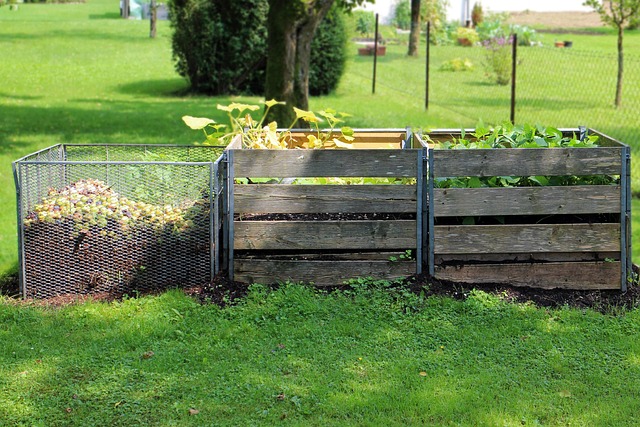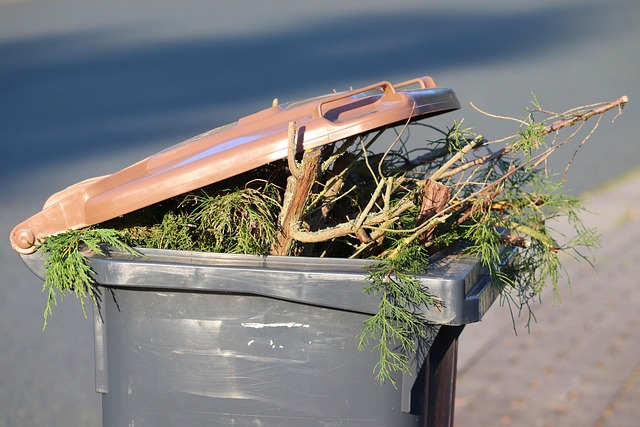The Fascinating Science Behind Komposzt: Exploring the Benefits of Composting
Composting is more than just a method of recycling; it is a testament to the intricate cycles of nature. Often referred to simply as “komposzt” in various cultures, this age-old practice transforms organic waste into nutrient-rich soil, creating a haven for gardeners and environmental enthusiasts alike. As we delve into the compost science, it becomes clear why this process is so vital for sustainable living and our planet’s health.
Understanding the Basics of Compost Science
At its core, composting involves the decomposition of organic material through a natural process facilitated by microorganisms. Bacteria, fungi, and various insects work together to break down food scraps, yard waste, and other biodegradable materials into humus—the dark, fertile substance that enriches soil. This transformative journey not only reduces waste in landfills but also returns essential nutrients to the earth.
The Environmental Benefits of Composting
The benefits of composting extend beyond simply reducing waste. By embracing compost science, we actively participate in environmental rejuvenation. Composting significantly decreases methane emissions, a potent greenhouse gas released when organic materials decompose anaerobically in landfills. Furthermore, compost enhances soil health, fostering biodiversity and promoting stronger plant growth—key components in combating deforestation and soil erosion.
Gardening and Compost: A Match Made in Heaven
For gardening enthusiasts, compost is the ultimate ally. Its ability to improve soil structure, aeration, and water retention creates a thriving environment for plants. Rich, dark compost boosts fertility and promotes the growth of beneficial microorganisms, which are crucial for healthy plant development. With every handful of compost, you’re not just enriching your garden but also nurturing the delicate ecosystem that sustains it.
How to Get Started with Composting
Starting your composting journey doesn’t have to be overwhelming. With a few simple steps, you can contribute to compost science and embrace sustainability:
- Choose a Compost Bin: Select a location and container that suits your space, whether it’s an outdoor compost bin or a simple pile in your backyard.
- Add Organic Materials: Layer greens (nitrogen-rich materials like fruit scraps) with browns (carbon-rich materials like dried leaves) for optimal decomposition.
- Monitor and Maintain: Turn your compost regularly and keep an eye on moisture levels to ensure a healthy composting process.
- Harvest Your Compost: In a few months, when the compost appears dark and crumbly, it’s ready to enrich your garden!
The Joy of Composting
By embracing the principles of compost science, we engage in a fulfilling and eco-friendly practice. The simple act of recycling kitchen scraps or yard waste into nourishing compost not only benefits our gardens but also serves as a powerful reminder of our connection to the environment. Each compost pile represents a microcosm of nature’s process, where decay gives way to life, and waste transforms into wealth.


